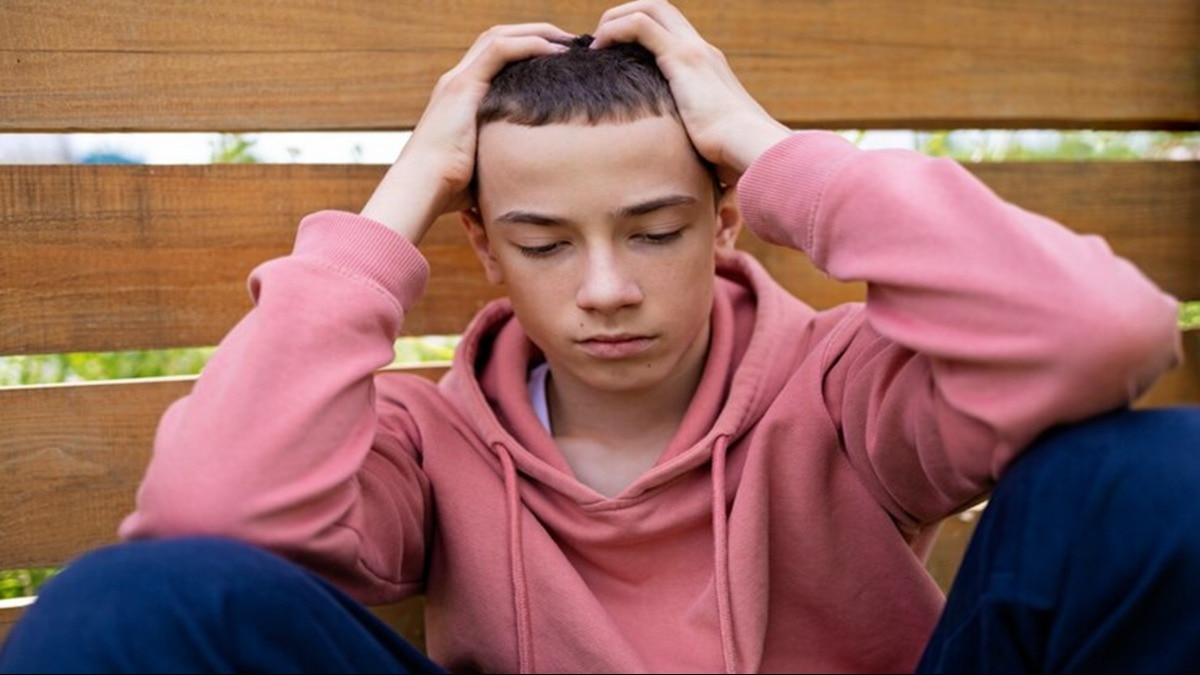Crores of people all over the world are suffering from depression, due to which the number of people committing suicide is also increasing. But do you know that the people of teenage group (13 to 19 years) are most affected by mental health problems.
Mental health related diseases like anxiety and depression are being seen a lot in teenagers. At the age of 14 to 19 years, children are not able to understand their own desires, needs and behavior properly. At this age, many children become victims of stress, due to which they suffer from mental health problems.
Symptoms of Teenage Depression
1. Not feeling like it- If the child is not interested in anything and even stops doing his favorite work, then it is a symptom of teenage depression.
2. Insomnia- Children who suffer from teenage depression also have a negative impact on their sleeping patterns. Staying awake till late at night, not being able to sleep properly or sleeping excessively are all symptoms of teenage depression.
3. Shyness in meeting people- If your child suddenly stops meeting people and starts living alone, then understand that something is wrong.
4. Change in diet- If a child starts eating more than required or eats too little, then these are also symptoms of depression.
5. Affecting of studies- When children suffer from teenage depression, it also has a negative impact on their studies. They are not able to score well in their exams and sometimes even fail.
6. Having mood swings- Mood swings definitely happen in adolescence because many physical and mental changes take place in the child at this age, but if the child's mood is changing excessively or he has started feeling sad, then it is a symptom of depression.
How to prevent teenage depression
1. Parents can play an important role in saving the child from depression. Parents should help the child emotionally instead of scolding him.
2. If no change is seen in the child's behavior despite all efforts, then contact a good psychiatrist.












